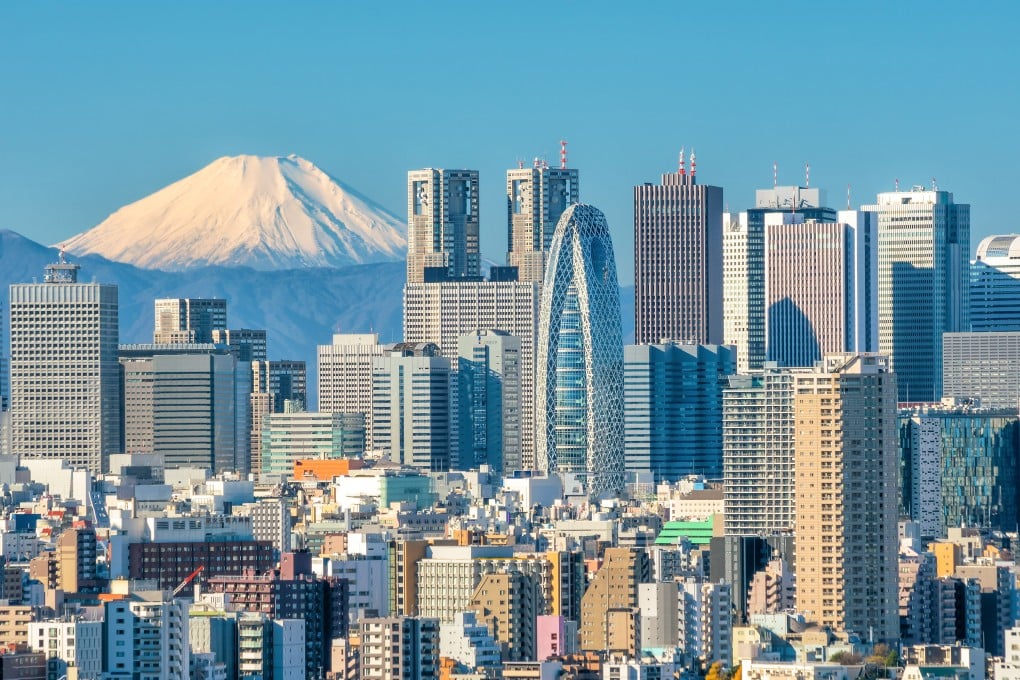Luxury Tokyo hotels face watchdog warning over data-sharing that may have inflated prices
A probe by the Japan Fair Trade Commission found pricing talks between hotel executives might have led to distorted market rates

An investigation by the Japan Fair Trade Commission (JFTC) determined that representatives of the hotels held meetings every month to share information on their operations, including room occupancy rates, average room rates and future pricing plans, the Yomiuri newspaper reported.
The JFTC concluded that the executives’ discussions might have influenced nightly rates, though it stopped short of declaring the hotels had formed a cartel to inflate profits.
Still, it determined that sharing such pricing information amounted to an unreasonable restraint of trade under the Anti-Monopoly Law and said it would issue warnings to the operators against forming a cartel.
Among the properties named were some of Japan’s most iconic hospitality brands, including the Imperial Hotel, New Otani, Keio Plaza, Hotel Okura Tokyo, the Palace Hotel, Seibu Prince Hotels Worldwide and Fujita Kanko.
In a statement issued to This Week in Asia, the Imperial Hotel said it had yet to receive formal notification from the JFTC but was “taking the matter very seriously”.
